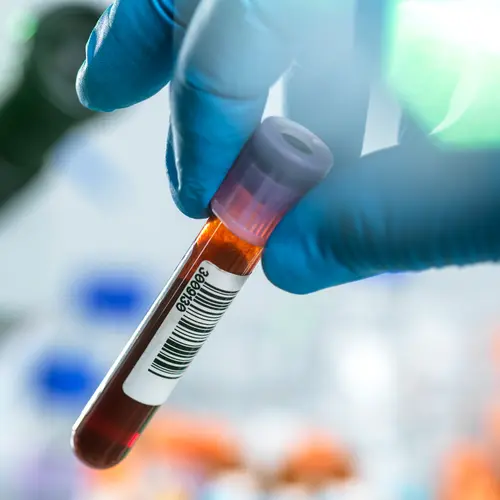There is no cure for genital herpes. However, some drugs have been effective in reducing the duration and frequency of herpes outbreaks. The decision to use one treatment over another for genital herpes depends on many factors that must be discussed with your health care provider:
- Have you had a previous outbreak?
The first episode of genital herpes is usually the worst and often has other symptoms, like fever and fatigue. Recurrent outbreaks aren't usually as painful and don't last as long.
- How frequent are the outbreaks?
People who have frequent outbreaks should consider suppressive therapy (daily medication) to reduce the number of outbreaks of the disease.
- What is the status of your immune system?
People with genital herpes who have HIV/AIDS, an organ transplant, leukemia, or are on long-term immune-suppressant drugs are at risk for more severe herpes infections. Elderly people also often have a weakened immune system and should discuss treatment options with their health care provider.
- Are you pregnant?
Women with genital herpes are examined carefully for any symptoms before giving birth. If sores or signs that an outbreak is coming show up at the time of delivery, the baby may be delivered by cesarean section (also called a C-section).
You may also be started on herpes medications about a month before your due date in an attempt to prevent any herpes outbreak around the time of labor.
Women taking antiviral drugs for herpes -- either daily suppressive therapy or occasional therapy for outbreaks -- should consult their doctor about whether to take the drugs during pregnancy. The answer is not set in stone: You and your doctor have to discuss the risks and benefits to decide what's right for you.
|

